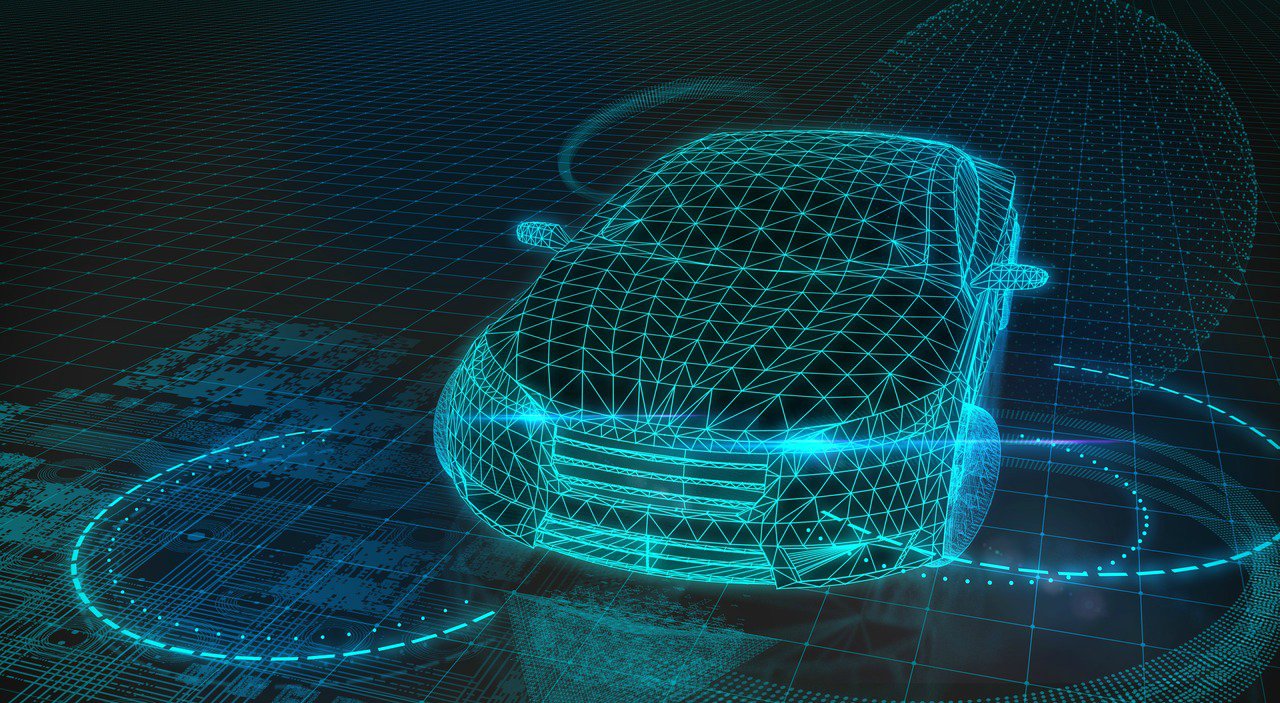As self-driving technology continues to evolve, our urban landscapes are primed for a metamorphosis that could reshape the way we think about parking. The ingenious concept behind Val.ai, a creation from a TechCrunch Disrupt NY hackathon team, presents an innovative solution to one of the more ubiquitous urban challenges: parking. What if self-driving cars could bid for parking spots much like we bid in auctions? This blog explores the potential implications, challenges, and ethical considerations that accompany such a groundbreaking approach.
How Val.ai Works
Imagine a scenario where you step out of your autonomous vehicle, and instead of cruising the streets in search of a parking space, it intelligently bids for a nearby spot. Val.ai harnesses real-time data to allow self-driving cars to offer bids for occupied parking spaces. If a parked vehicle anticipates needing to leave soon for a pickup, it can evaluate whether accepting a bid from another car is more beneficial than idling or navigating to find a new spot.
When the parked car accepts a bid, the winning vehicle receives directions to the newly vacated space, streamlining the parking process and allowing for a more efficient use of urban space. This sort of dynamic pricing could alleviate congestion caused by cars endlessly circling in search of parking, ultimately reducing time on the road and carbon emissions.
The Potential Impact on Urban Congestion
The implications of such technology extend far beyond mere convenience. By creating a system where parking spots are managed via bids, cities could witness a considerable decrease in traffic congestion. In congested areas where parking is scarce, self-driving cars could become key operators in making urban commuting not only easier but also more environmentally friendly.
- Efficiency: As the bidding technology matures, we might see smarter routing systems that direct vehicles toward optimal parking spots.
- Reduction in Pollution: Cars would spend less time on the road searching for parking, consequently cutting down on fuel consumption and reducing emissions.
- Economic Opportunities: Innovative parking management could lead to new revenue streams for city planners and businesses alike.
Addressing Ethical Considerations
Despite the exciting benefits, the Val.ai concept does raise ethical questions, particularly when it comes to the sharing of public resources. As noted, auctioning off public parking spaces could border on exploitation. Previous attempts by startups to monetize such ideas led to negative public sentiment and were swiftly labeled as “#JerkTech.” The challenge is to devise a system that does not disproportionately benefit a select few while neglecting the communal nature of public parking.
The real opportunity lies in commercial lots that employ a similar bidding mechanism. By ensuring that profits generated benefit larger communities, we can cultivate a more equitable model that respects the commons. Leveraging technology responsibly will be crucial as the industry progresses.
Future Possibilities
The future is bright for self-driving car technology, and constructs like Val.ai are a glimpse into what’s to come. As cities grapple with overpopulation and consequent parking challenges, strategies that embrace innovation while considering ethical implications will be paramount. The integration of artificial intelligence not only enhances vehicle efficiency but can also significantly elevate urban living standards.
Conclusion
Val.ai’s proposal may appear avant-garde, but it paves the way for a paradigm shift in urban transportation. It’s a reminder that as we usher in the age of autonomous vehicles, our approaches to urban planning and resource sharing must evolve simultaneously. The adoption of real-time bidding for parking could very well be a step in the right direction, provided we create frameworks that support equitable access to these newfound efficiencies.
At [fxis.ai], we believe that such advancements are crucial for the future of AI, as they enable more comprehensive and effective solutions. Our team is continually exploring new methodologies to push the envelope in artificial intelligence, ensuring that our clients benefit from the latest technological innovations.
For more insights, updates, or to collaborate on AI development projects, stay connected with [fxis.ai].

